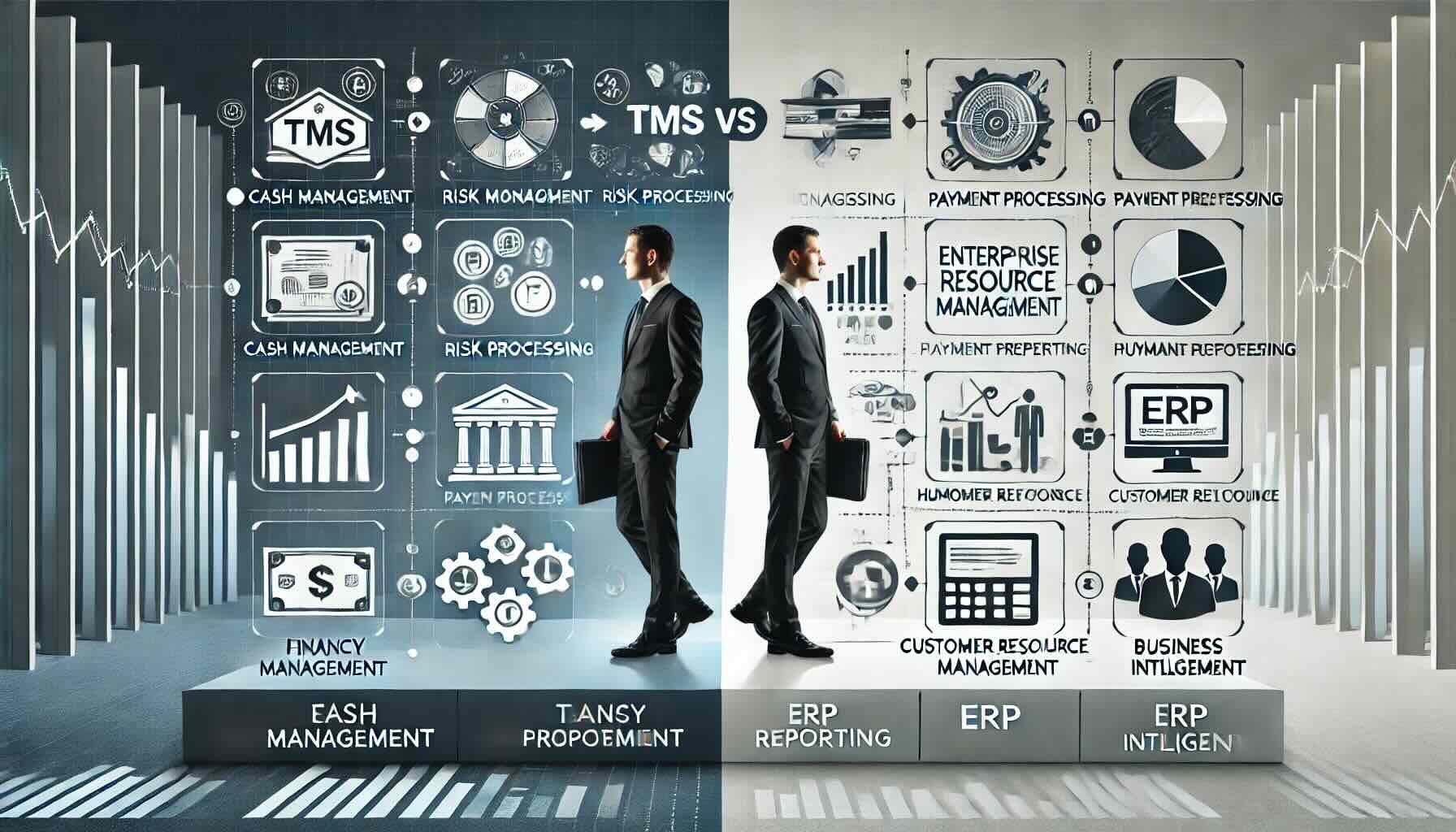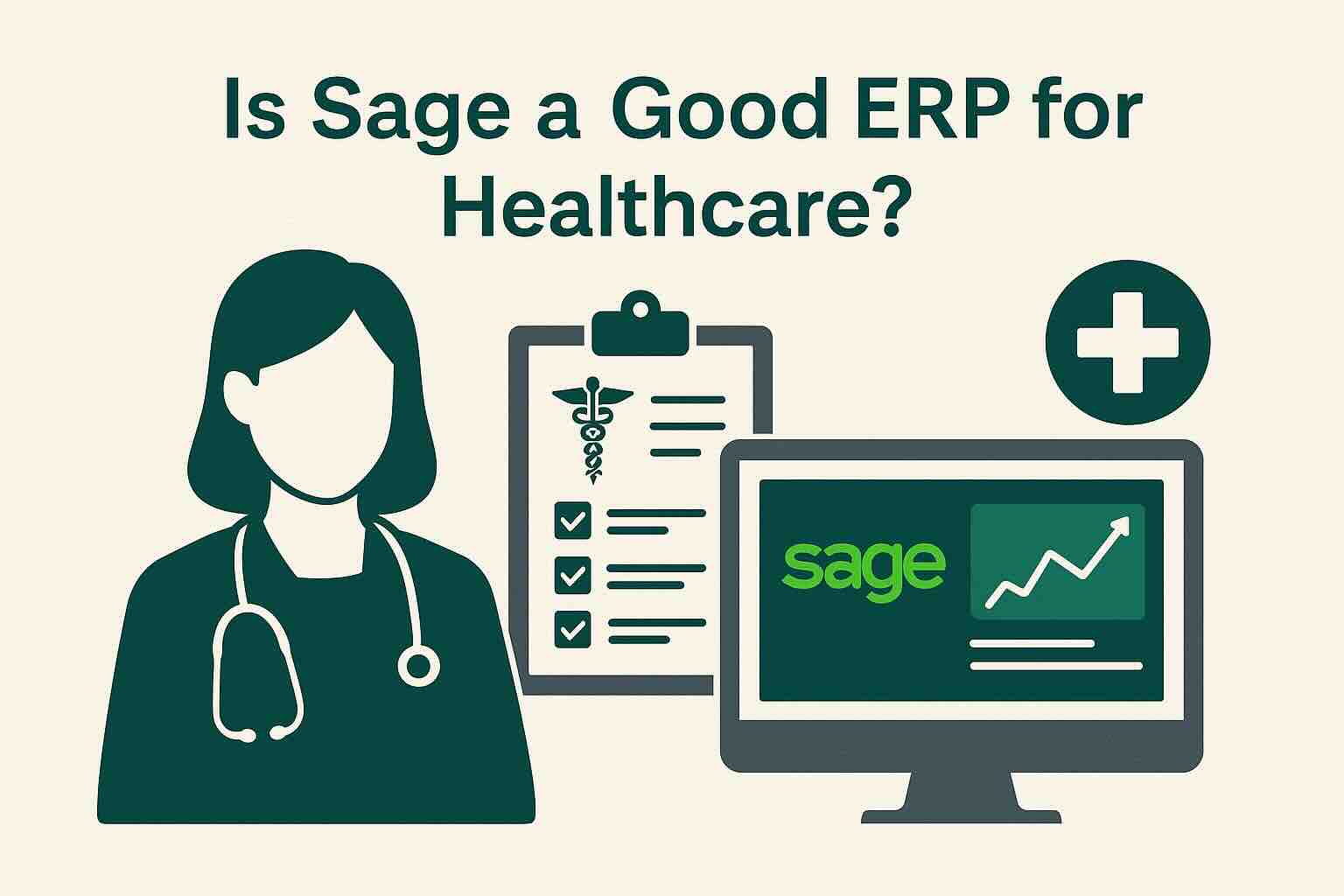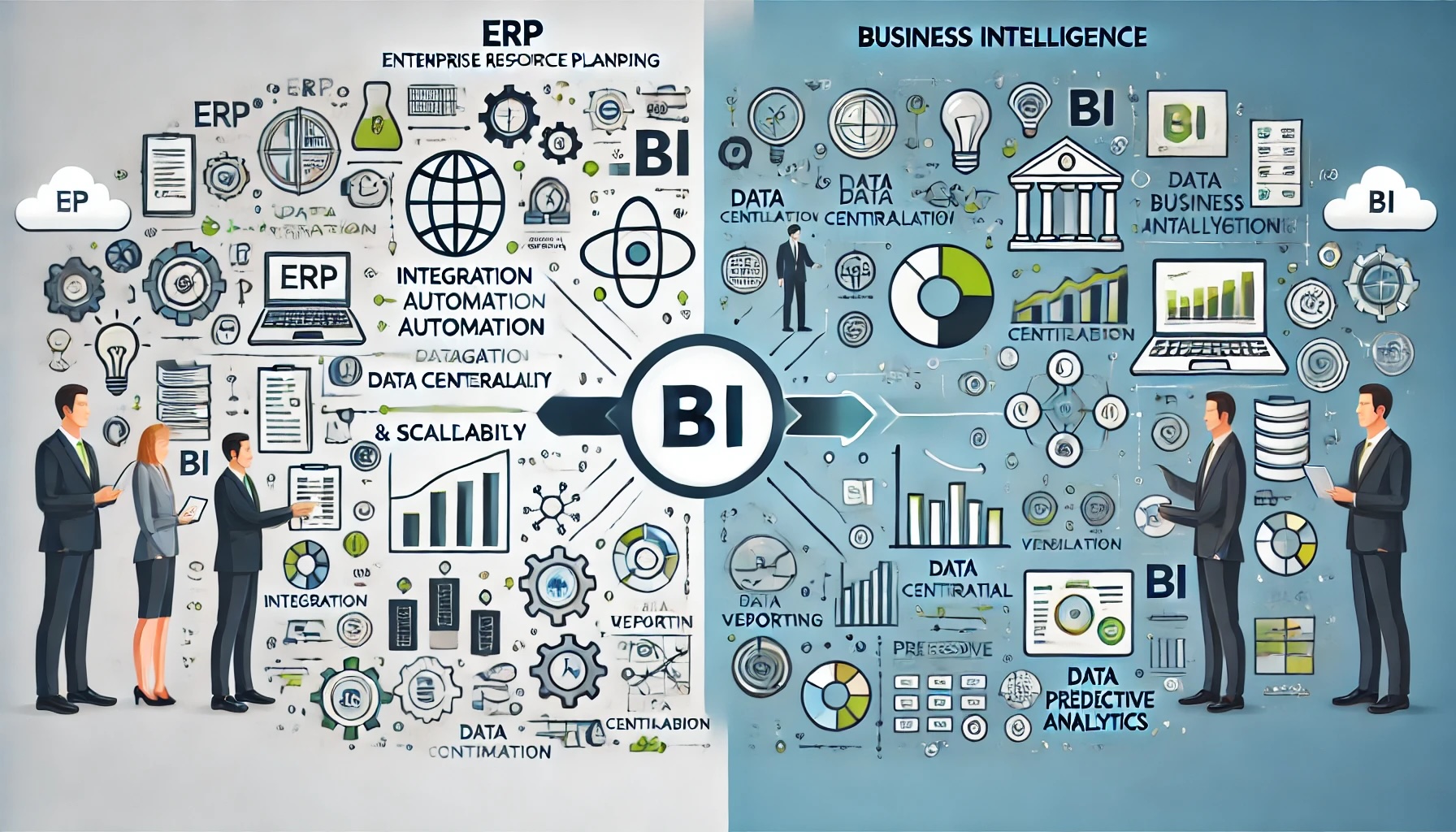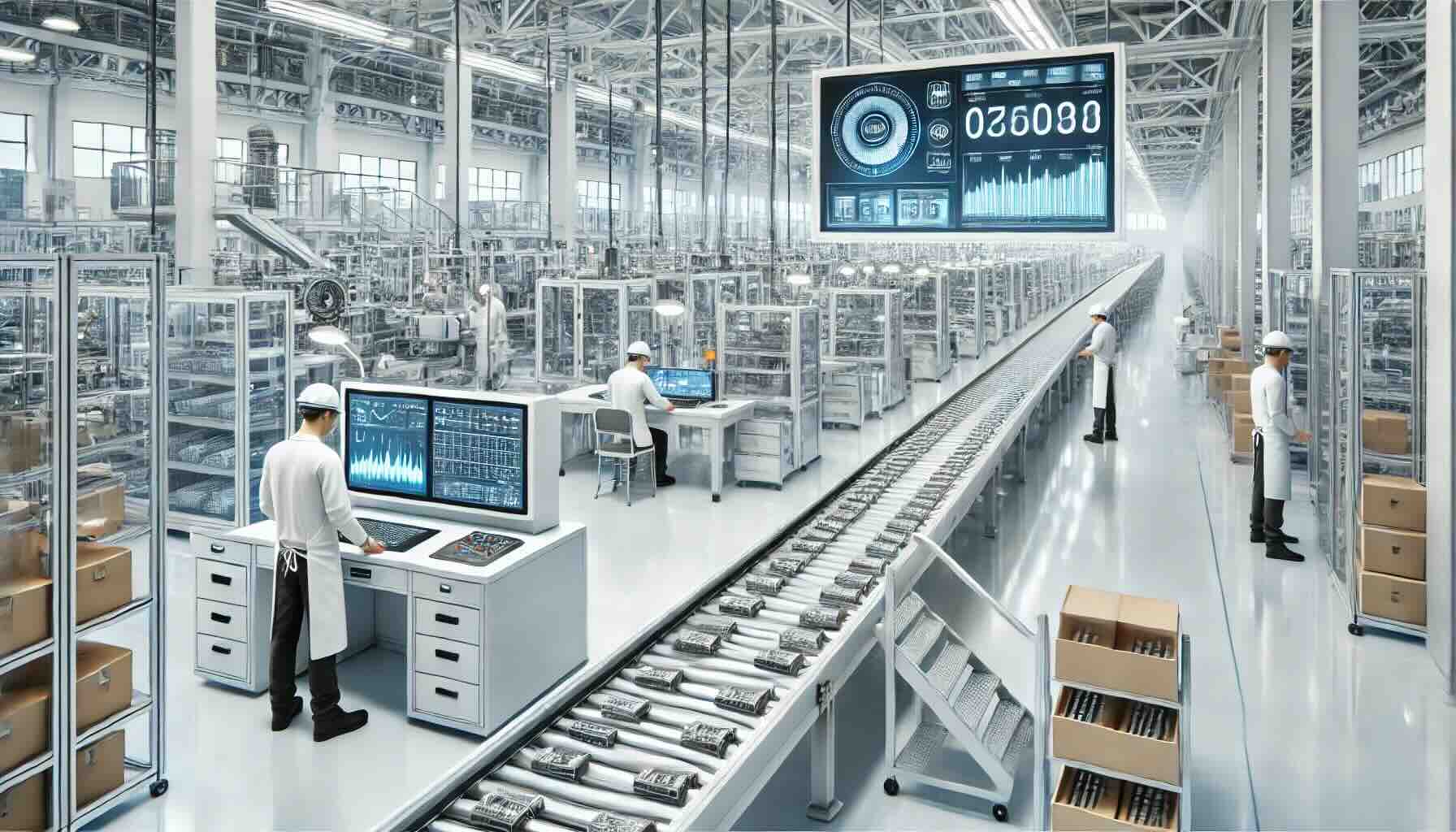Best ERP Systems for Automotive Businesses
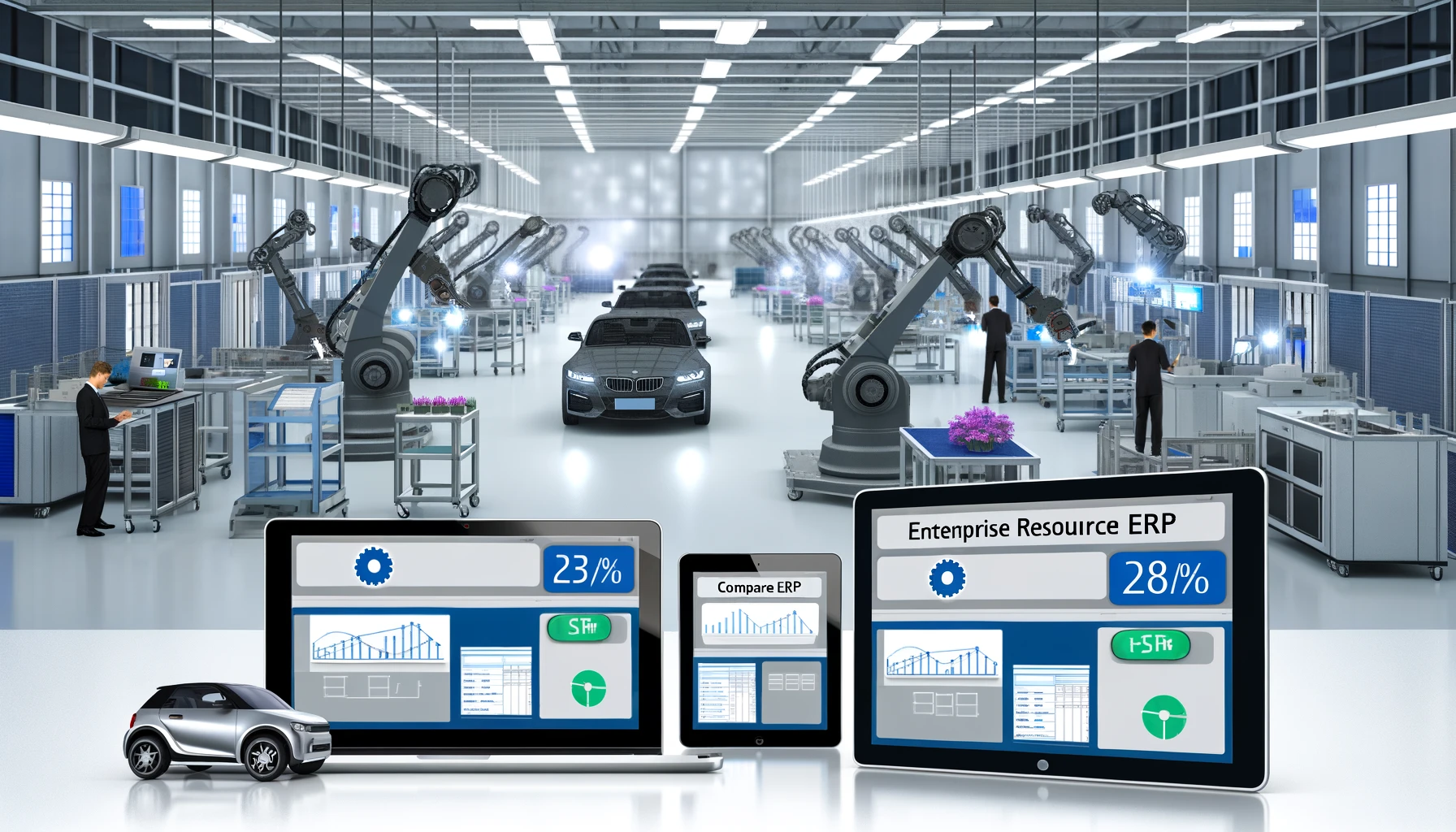
In the fast-paced and highly competitive automotive industry, businesses face constant challenges such as managing complex supply chains, maintaining quality control, meeting production deadlines, and adapting to evolving market demands. To stay ahead, automotive manufacturers, suppliers, and distributors require efficient systems that integrate all business processes seamlessly. This is where Enterprise Resource Planning (ERP) systems come into play. An ERP solution provides a centralized platform to manage everything from production planning and inventory control to financials and customer relationships. By choosing the best ERP for automotive businesses, companies can improve efficiency, reduce operational costs, and gain valuable insights to drive growth and innovation. In this article, we explore the top ERP solutions tailored for the automotive industry, highlighting their features, pros, and cons to help you make an informed decision.
1. SAP S/4HANA
SAP S/4HANA is a leading ERP solution widely adopted by automotive businesses. Its in-memory database allows for real-time data processing, making it ideal for large-scale operations.
Pros:
- Real-time analytics for faster decision-making.
- Comprehensive features for supply chain management, production planning, and financials.
- Scalability for large enterprises.
Cons:
- High cost, making it less accessible for small businesses.
- Complex implementation process requiring significant time and expertise.
To find out more about SAP S/4HANA you can visit this link.
2. Oracle NetSuite
Oracle NetSuite is a cloud-based ERP solution known for its flexibility and ability to manage various business processes seamlessly. It is a great choice for automotive companies that need a scalable solution.
Pros:
- Cloud-based, enabling accessibility from anywhere.
- Customizable to meet industry-specific needs.
- User-friendly interface and robust reporting tools.
Cons:
- Limited manufacturing-specific features compared to competitors.
- Customization can increase implementation time and costs.
To find out more about NetSuite you can visit this link.
3. Infor CloudSuite Automotive
Infor CloudSuite Automotive is specifically designed for automotive businesses, offering solutions for production management, supply chain, and customer service.
Pros:
- Industry-specific features for automotive manufacturers and suppliers.
- Strong supply chain and inventory management tools.
- Easy integration with other automotive software solutions.
Cons:
- User interface can feel outdated.
- Requires additional training for users unfamiliar with the platform.
To find out more about Infor you can visit this link.
4. Microsoft Dynamics 365
Microsoft Dynamics 365 is a highly flexible ERP solution that integrates well with other Microsoft products. It is ideal for mid-sized automotive companies seeking affordability and functionality.
Pros:
- Seamless integration with Microsoft tools (Excel, Teams, Power BI).
- Strong CRM and analytics capabilities.
- Modular approach, allowing businesses to scale as needed.
Cons:
- Customizations may require third-party developers.
- Can become costly with added modules and licenses.
To find out more about Microsoft Dynamics you can visit this link.
5. Plex Systems
Plex Systems is a cloud-based ERP designed for manufacturing-intensive industries like automotive. It provides robust tools for production, quality, and supply chain management.
Pros:
- Real-time visibility into production processes.
- Strong focus on quality control and compliance.
- Cloud-based system with scalability for growing businesses.
Cons:
- Limited functionality for smaller operations with simple needs.
- Custom reporting capabilities can be less intuitive.
To find out more about Plex you can visit this link.
6. Epicor Kinetic
Epicor Kinetic is an ERP solution tailored for manufacturers, including those in the automotive sector. It offers tools for managing operations, inventory, and customer orders.
Pros:
- Strong features for manufacturing and supply chain management.
- Customizable workflows to match business processes.
- User-friendly interface and dashboards.
Cons:
- Limited out-of-the-box features for smaller businesses.
- Customization requires technical expertise, increasing implementation costs.
To find out more about Epicor you can visit this link.
How to Choose the Best ERP for Your Automotive Business
When selecting an ERP system, consider these key factors:
- Business Size: Large enterprises may prefer robust solutions like SAP S/4HANA, while mid-sized businesses may benefit from Microsoft Dynamics 365.
- Customization Needs: Evaluate how much customization is required to meet your business processes.
- Budget: Costs can vary significantly, so ensure the solution aligns with your budget.
- Scalability: Choose an ERP system that can grow with your business.
- Ease of Use: Adoption rates increase with user-friendly interfaces and accessible training resources.
Conclusion
Selecting the best ERP for automotive businesses can significantly improve operations, supply chain efficiency, and overall productivity. Solutions like SAP S/4HANA, Oracle NetSuite, Infor CloudSuite Automotive, Microsoft Dynamics 365, Plex Systems, and Epicor Kinetic offer robust tools tailored to the industry. However, each comes with its pros and cons, so it’s essential to assess your unique business needs and budget before committing to a solution.
By carefully evaluating features, costs, and long-term benefits, you can implement an ERP system that drives growth and success in your automotive business.
Ready to Transform Your Automotive Business?
Implementing the right ERP system could be the game-changer your business needs. With our AI-powered Compare ERP tool, you can effortlessly explore and compare solutions tailored to your unique business needs. It’s free to use, and you’ll receive a guaranteed discount on your first year’s license fees with a referral from Compare ERP. Take the first step toward streamlining your processes and boosting productivity and start comparing today!



